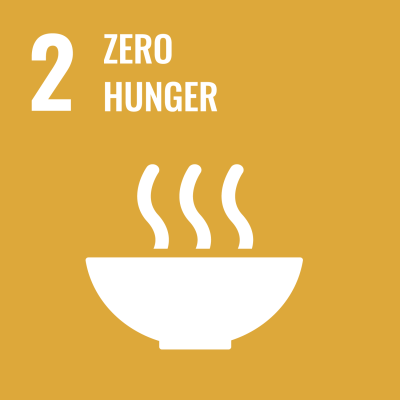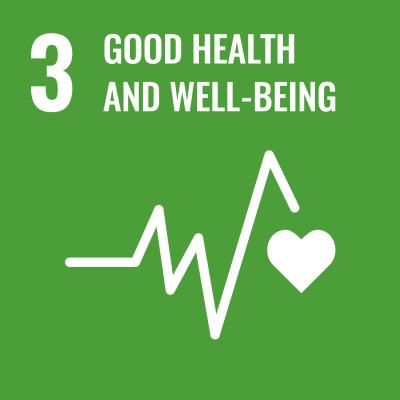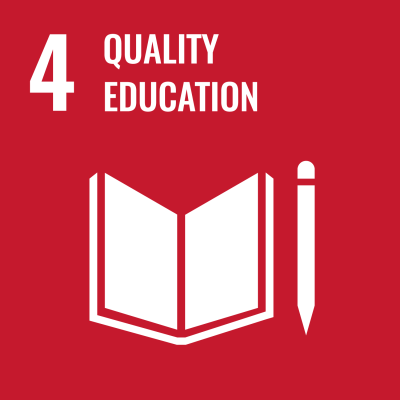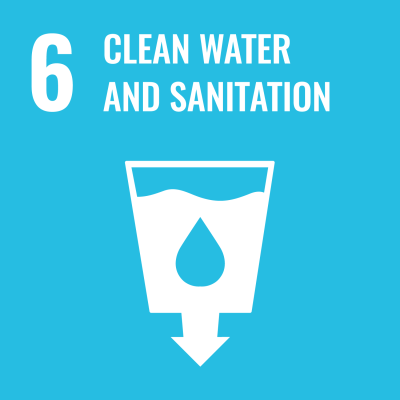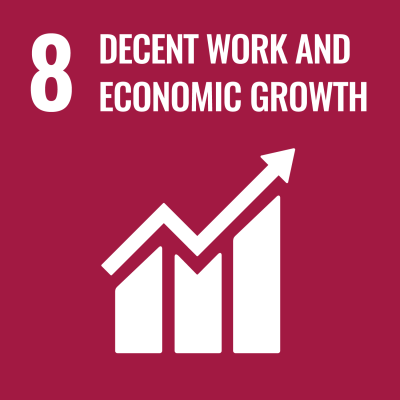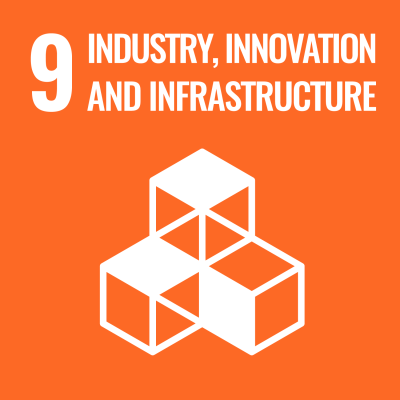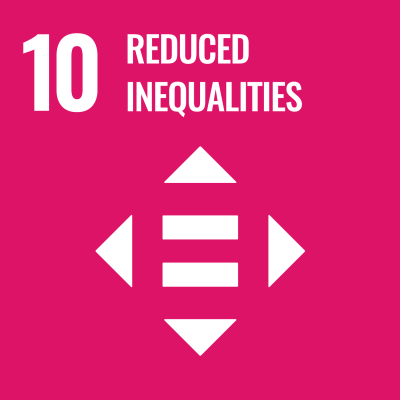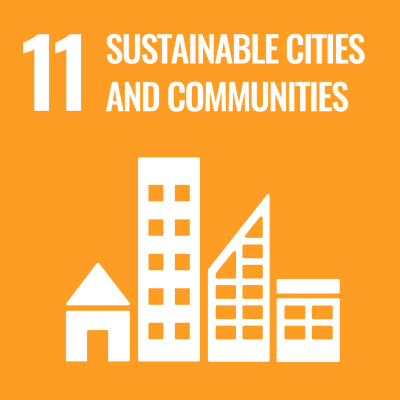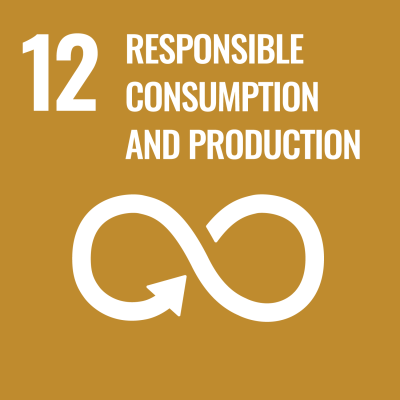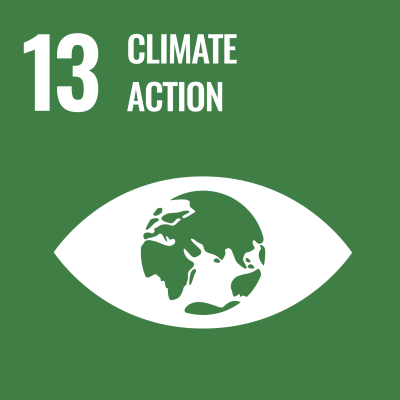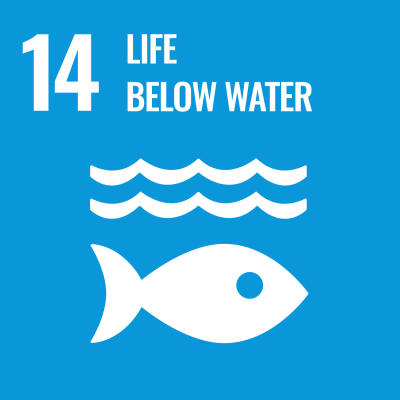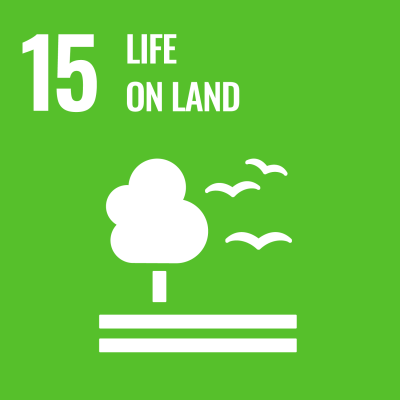End hunger, achieve food security and improved nutrition and promote sustainable agriculture:
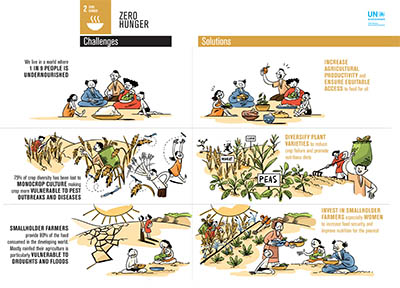
Nature provides direct sources of food and a series of ecosystem services (e.g. pollination, soil formation, nutrient cycling, and water regulation) supporting agricultural activities and contributing to food security and nutrition.
Increasing world population and changes in consumption patterns put pressure on the environment creating the need to produce food for an additional two billion people by 2030, while preserving and enhancing the natural resource base upon which the well-being of present and future generations depends. This is important considering that unsustainable expansion of agriculture has created serious environmental problems such as soil erosion, water pollution through agrochemicals, and emission of greenhouse gases.
Climate change and `natural` disasters such as droughts, landslides and floods greatly affect food security. Disaster risk management, climate change adaptation and mitigation are key to increase harvests quality and quantity.
Targets linked to the environment:
- Target 2.4: By 2030, ensure sustainable food production systems and implement resilient agricultural practices that increase productivity and production, that help maintain ecosystems, that strengthen capacity for adaptation to climate change, extreme weather, drought, flooding and other disasters and that progressively improve land and soil quality
- Target 2.5: By 2020, maintain the genetic diversity of seeds, cultivated plants and farmed and domesticated animals and their related wild species, including through soundly managed and diversified seed and plant banks at the national, regional and international levels, and promote access to and fair and equitable sharing of benefits arising from the utilization of genetic resources and associated traditional knowledge, as internationally agreed.



